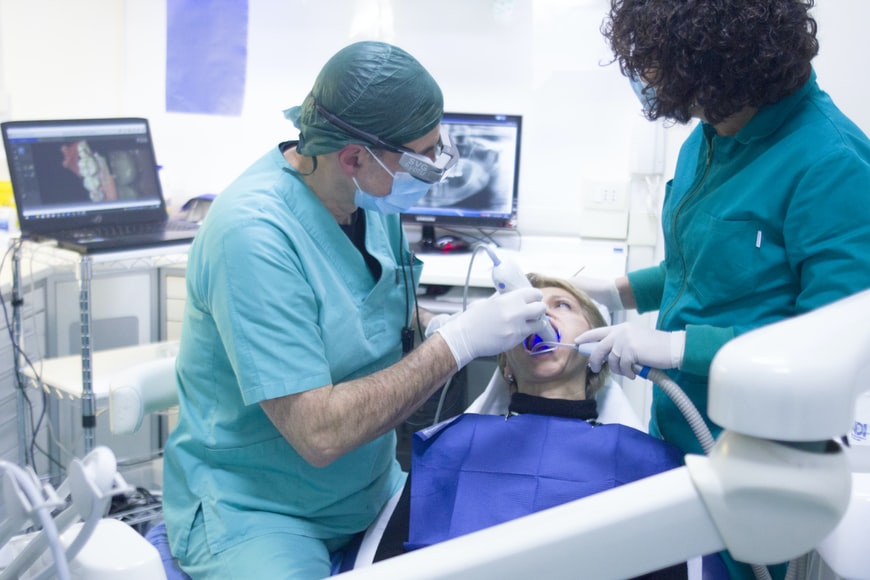The last eighteen months have been some of the most challenging that we have had to face. While we spent increasing amounts of time at home concerned for our and other’s wellbeing, we might have found ourselves turning a blind eye to other aspects of our health. None more so than our dental and oral health.
Much like in other countries across the world, dental practices found themselves struggling to provide the same level of care as before the pandemic. It was no easy feat. With the gradual reopening of dental practices, you might have begun thinking about your dental health and what you must do moving forward.
Book a Check-Up
Particularly if you have not had a regular check-up for close to two years, this should be at the top of your list. Contact your registered dentist’s office, and book yourself and others in your family to see your dentist or orthodontist.
From here, you will be able to gauge whether there is any lasting damage or if you will need to receive dental treatment for an ongoing issue. While dentists were open throughout the pandemic for emergency appointments, you might have found yourself putting off a check-up or ignoring any niggling pains you were experiencing. Now is the time to address them; be open and honest with your dentist.
Assess Treatment Options
Following your consultation, if you have found that you need some sort of dental or orthodontal treatment for an issue, you should assess the available options. If it is found you have a cavity, then you will need to have the cavity filled in some way.
On the other hand, if you or another member of your family are found to have crowded teeth that have led to misalignment, then you should make an effort to explore your teeth alignment options. For those who are apprehensive about getting traditional metal braces fixed, consider the use of invisible braces. Clear braces offer the same effectiveness as traditional, but are far less noticeable.
Once you have decided what treatments you will need and organized this for moving forward, you can look to after the treatments and what you might need to do afterwards.
Aftercare
Much like when receiving treatment for anything, you will need a certain level of aftercare to ensure your health is in the best possible condition. This is very much the case when receiving dental or orthodontal treatments.
Consult your dentist to explore products they recommend; think of the links of flossing tools, specific toothbrushes, and any appropriate toothpaste. Once you have an idea of what products you need to keep your teeth as hygienic as possible, you can make a plan moving forward to prevent any recurrent issues from happening. This includes booking yourself in for regular check-ups moving forward and seeking professional help when stumbling across any other issues.
We hope you have found this piece interesting and insightful and leave us with a better idea of what you need to do moving forward to care for your dental hygiene. While we can only hope that we never experience anything like the last eighteen months in future, you want to make a conscious effort to look after your teeth regardless.



